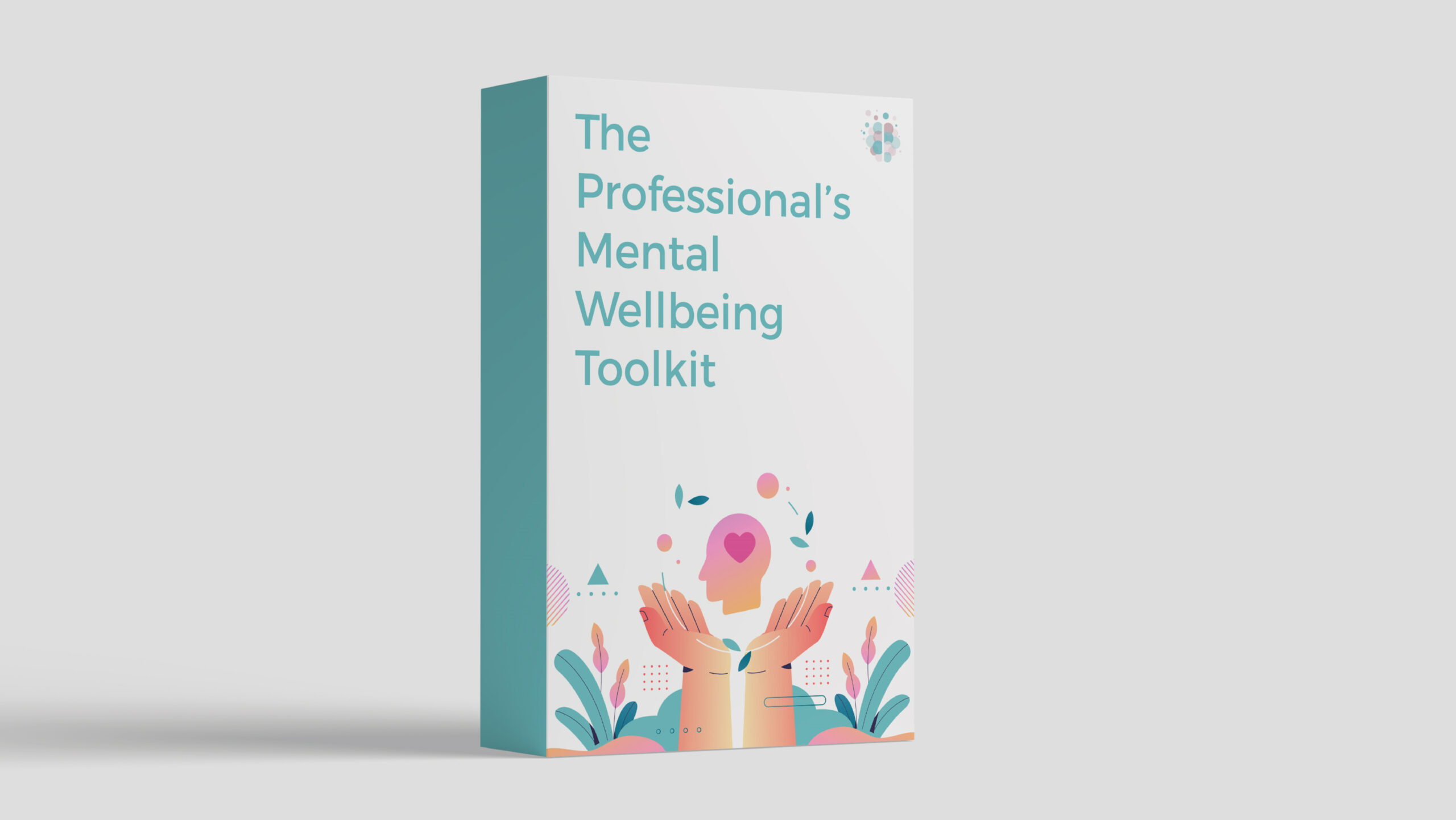In today's fast-paced world, the importance of mental wellbeing cannot be overstated. One unconventional method to improve mental wellbeing is through the power of photography.
Beyond being a hobby or a form of artistic expression, photographs can be a therapeutic tool that promote relaxation, mindfulness, and emotional healing.
In this article, we’ll explore five ways that photography can be used to improve mental wellbeing.
1. Reconnecting with the Past
Old photographs often hold memories and stories from years gone by. However, as time passes, these images may become faded, damaged, or simply lose their vibrancy. The act of editing old photographs allows us to reconnect with these memories in a profound way. Why not use an online photo editor to enhance the visuals of old photos?
As you restore and enhance your images, you’re not merely editing pixels but also rekindling the emotions and experiences associated with them.
This reconnection with the past can provide comfort and a sense of continuity, promoting mental wellbeing.
2. Reduce Stress and Anxiety
Studies have shown that exposure to nature, even through photographs, can lead to significant reductions in stress and anxiety levels.
One study gave its participants a stress-inducing test, and found that those who viewed nature photography afterwards had a reduced stress response. Even a brief encounter with nature imagery can have a calming effect on the nervous system.
Similarly, research from The University of Leeds suggests that looking at photographs of cute animals can reduce stress by up to 50%. Animals can offer us a visual escape from the pressures of daily life, transporting us to a world of innocence, simplicity, and natural beauty.
3. Cultivate Positive Emotions
Photographs have the unique ability to capture positive memories and experiences. When we look back at photographs of joyful moments in our lives, we can experience a flood of positive emotions.
These visual reminders serve as a source of happiness and comfort, counteracting the negative emotions that often accompany mental health challenges.
Why not curate a collection of photographs that evoke positive feelings, creating a visual library of happiness? When times are tough, you can turn to these images as a source of inspiration and emotional support.
4. Practice Mindfulness
Photography encourages mindfulness, the practice of being fully present in the moment. When we engage in photography, we must focus our attention on our surroundings, seeking beauty, detail, and meaning in our environment.
This act of mindfulness can divert attention from rumination and worries, promoting relaxation and reducing anxiety.
Moreover, photography prompts us to explore our surroundings with a fresh perspective. By paying attention to details often overlooked, we become more attuned to the beauty and wonder of the world around us.
This heightened awareness of the present moment can foster a sense of gratitude, enhance positivity, and contribute to overall mental wellbeing.
5. Sense of Accomplishment
Learning and mastering a new skill, such as photography, brings a profound sense of accomplishment. As you progress from basic snapshots to well-composed, technically proficient photographs, you'll experience a boost in self-esteem.
The process of setting goals, practicing, and seeing tangible improvements can be immensely gratifying. These achievements serve as reminders of your capabilities and fuel your self-confidence.
Summary
Photography is a versatile and accessible therapeutic tool that can be easily incorporated into daily life, making it an invaluable resource for those seeking to enhance their mental wellbeing. So, grab your camera or smartphone and start capturing the beauty of the world around you!


